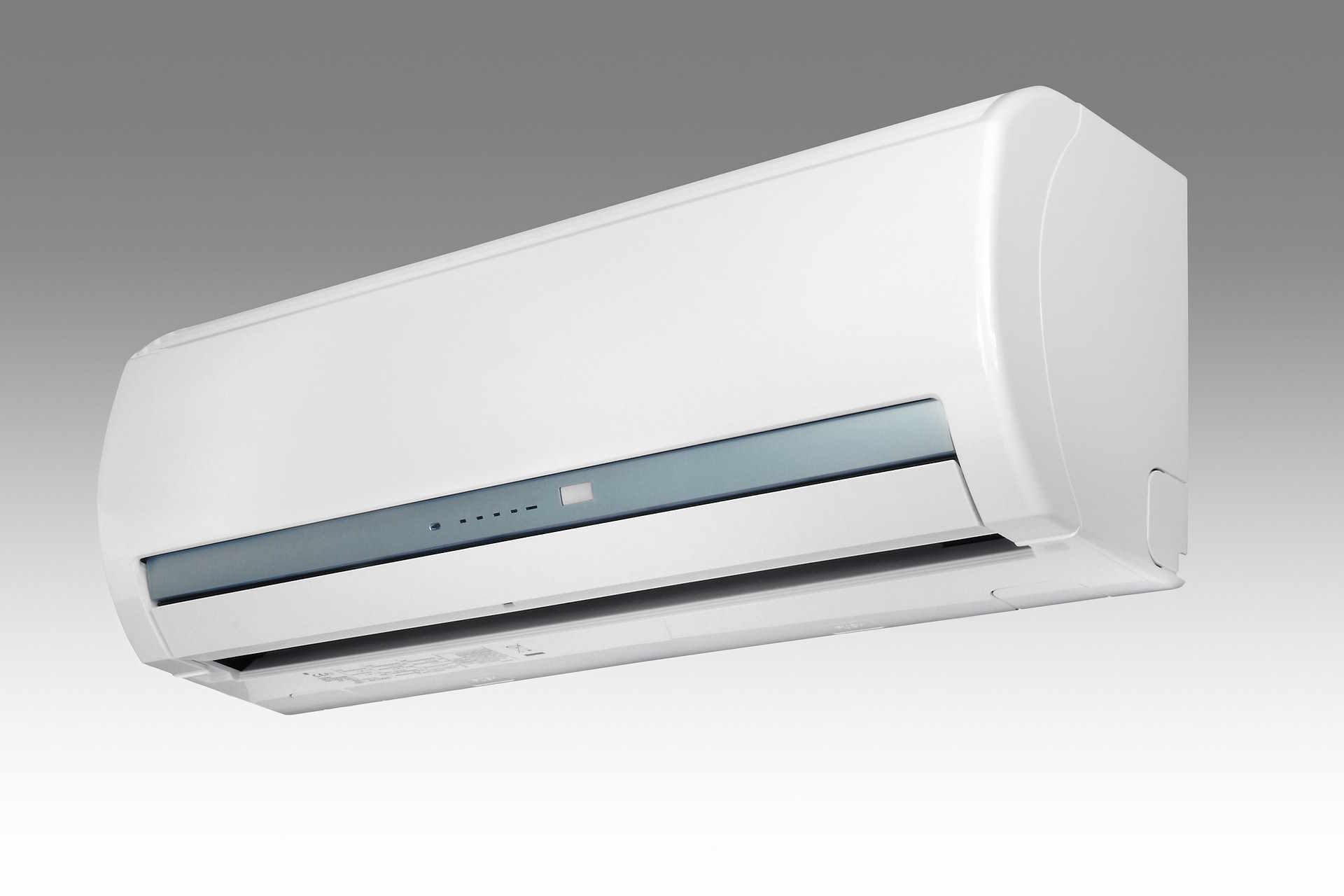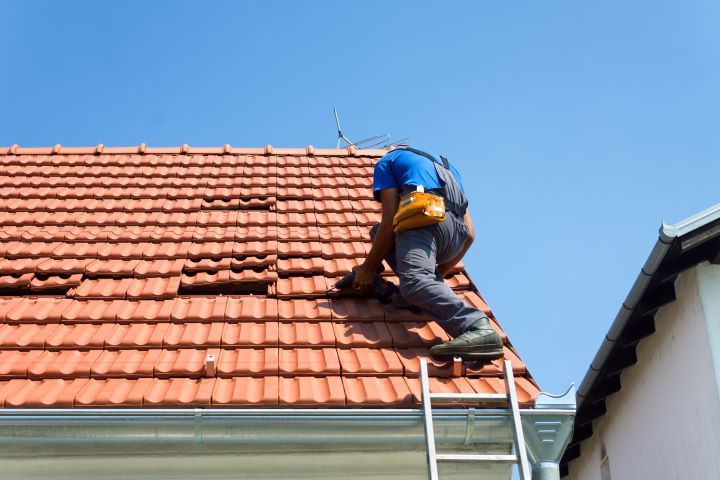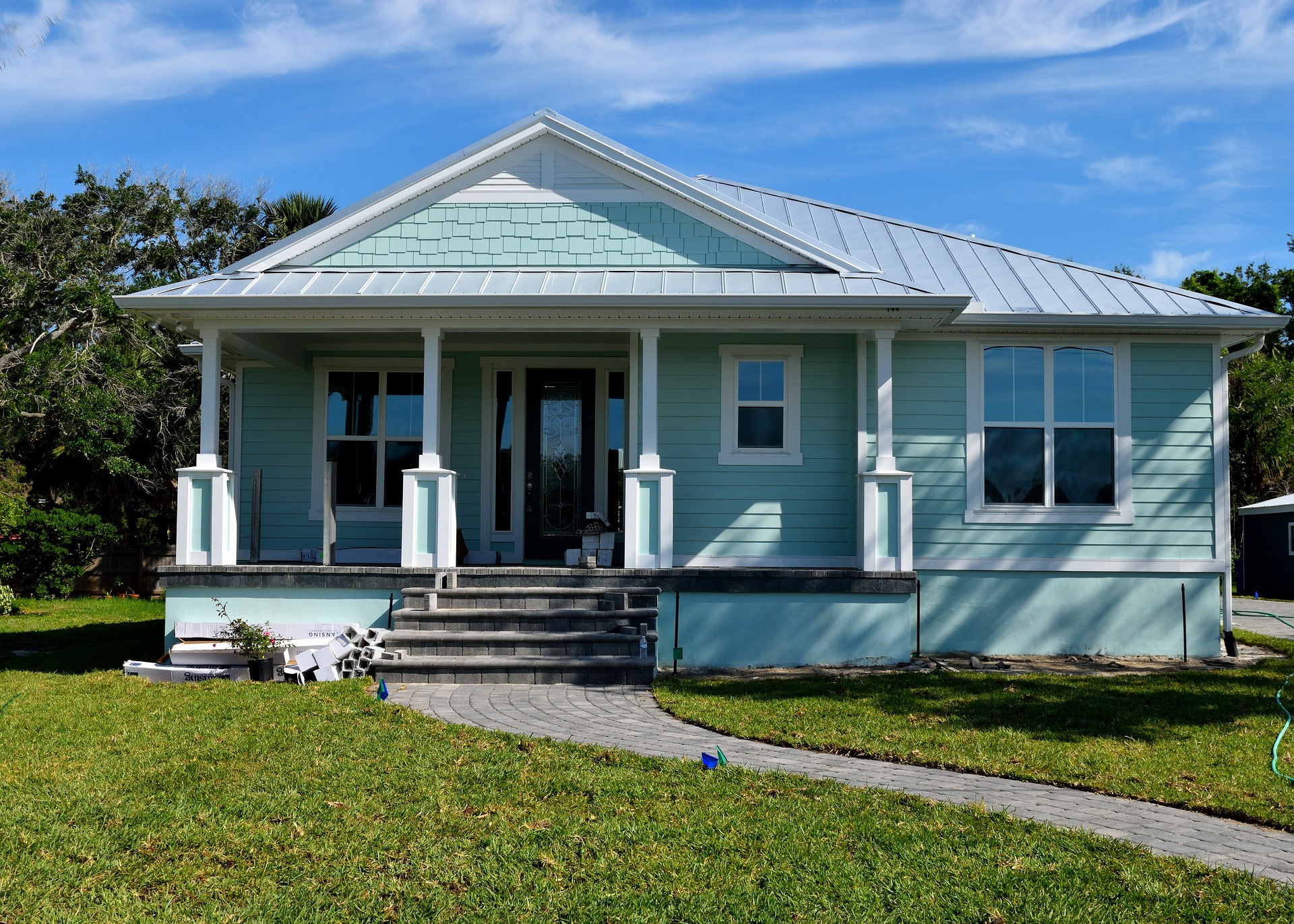Choosing Energy-Efficient HVAC Systems for the Canadian Climate
Navigating the HVAC market in Canada can be complex, especially when looking for suitable systems for different climates. Consider these points to simplify your decision: 1. Energy-efficiency ratings specific for Canadian winters. 2. Compare HVAC installation expenses to find value. 3. Investigate advanced technology for optimized performance. 4. Select eco-friendly HVAC solutions for sustainability.

What factors should you consider when selecting an HVAC system for Canada?
When choosing an HVAC system for Canadian homes, several key factors come into play. First, consider the specific climate of your region, as requirements can vary significantly across the country. Energy efficiency ratings are paramount, with a focus on systems designed to perform well in cold weather. Look for high Seasonal Energy Efficiency Ratio (SEER) ratings for cooling and Annual Fuel Utilization Efficiency (AFUE) ratings for heating. Additionally, factor in the size of your home, insulation quality, and your budget for both initial installation and long-term operating costs.
How do energy efficiency ratings apply to Canadian HVAC systems?
Energy efficiency ratings are crucial when reviewing HVAC systems for Canadian winters. For heating systems, look for high AFUE ratings, which indicate the percentage of fuel converted to heat. Modern high-efficiency furnaces can achieve AFUE ratings of 95% or higher, meaning 95% of the fuel is converted to heat. For cooling, SEER ratings are important, with higher numbers indicating better efficiency. In Canada, a minimum SEER rating of 13 is required, but opting for systems with SEER ratings of 16 or higher can lead to significant energy savings, especially in regions with warmer summers.
What are the most suitable HVAC technologies for Canadian homes?
Several HVAC technologies are particularly well-suited for Canadian climates. Heat pumps, especially air-source and ground-source (geothermal) varieties, are gaining popularity due to their ability to provide both heating and cooling efficiently. For colder regions, dual-fuel systems combining a heat pump with a gas furnace offer versatility and efficiency. High-efficiency gas furnaces remain a reliable option for many Canadian homes, while radiant floor heating systems provide consistent warmth in harsh winter conditions. When it comes to cooling, central air conditioning systems or ductless mini-split systems can be effective, depending on your home’s layout and cooling needs.
How can you analyze HVAC installation expenses in Canada?
Analyzing HVAC installation expenses in Canada requires considering both upfront costs and long-term savings. Installation costs can vary widely based on the system type, home size, and complexity of the installation. On average, a new high-efficiency furnace installation can range from $3,000 to $7,500, while a complete HVAC system including air conditioning might cost between $8,000 and $15,000. Heat pump installations typically fall in the $5,000 to $12,000 range. However, it’s crucial to factor in potential energy savings and available rebates or incentives, which can offset initial costs over time.
What eco-friendly HVAC solutions are available for Canadian homeowners?
Canadian homeowners have several eco-friendly HVAC options to choose from. Geothermal heat pumps, while having higher upfront costs, offer significant long-term energy savings and reduced environmental impact. Solar-assisted heat pumps combine renewable energy with efficient heating and cooling. Energy recovery ventilators (ERVs) are particularly useful in well-insulated Canadian homes, improving indoor air quality while reducing energy waste. Additionally, smart thermostats and zoning systems can optimize energy use by providing precise control over heating and cooling in different areas of the home.
How do you find and evaluate highly-rated HVAC services in Canada?
To investigate highly-rated HVAC services in Canada, start by researching local providers with strong reputations. Look for companies with certifications from recognized organizations such as the Heating, Refrigeration and Air Conditioning Institute of Canada (HRAI). Check online reviews and ask for recommendations from friends or neighbors. When evaluating services, consider factors such as experience with Canadian climate conditions, range of energy-efficient systems offered, quality of customer service, and warranty options. It’s advisable to obtain multiple quotes and conduct in-home assessments to ensure you receive tailored recommendations for your specific needs.
| HVAC System Type | Provider | Cost Estimation |
|---|---|---|
| High-Efficiency Gas Furnace | Lennox | $4,500 - $6,500 |
| Air Source Heat Pump | Carrier | $5,500 - $10,000 |
| Geothermal Heat Pump | WaterFurnace | $20,000 - $30,000 |
| Ductless Mini-Split System | Mitsubishi Electric | $3,000 - $7,000 per zone |
| Central Air Conditioning | Trane | $3,500 - $7,000 |
Prices, rates, or cost estimates mentioned in this article are based on the latest available information but may change over time. Independent research is advised before making financial decisions.
Choosing the right energy-efficient HVAC system for your Canadian home involves careful consideration of climate, technology, and long-term costs. By prioritizing energy efficiency, exploring eco-friendly options, and working with reputable local providers, you can ensure a comfortable and sustainable living environment year-round. Remember that while upfront costs may be higher for more efficient systems, the long-term energy savings and environmental benefits often make them a wise investment for Canadian homeowners.




